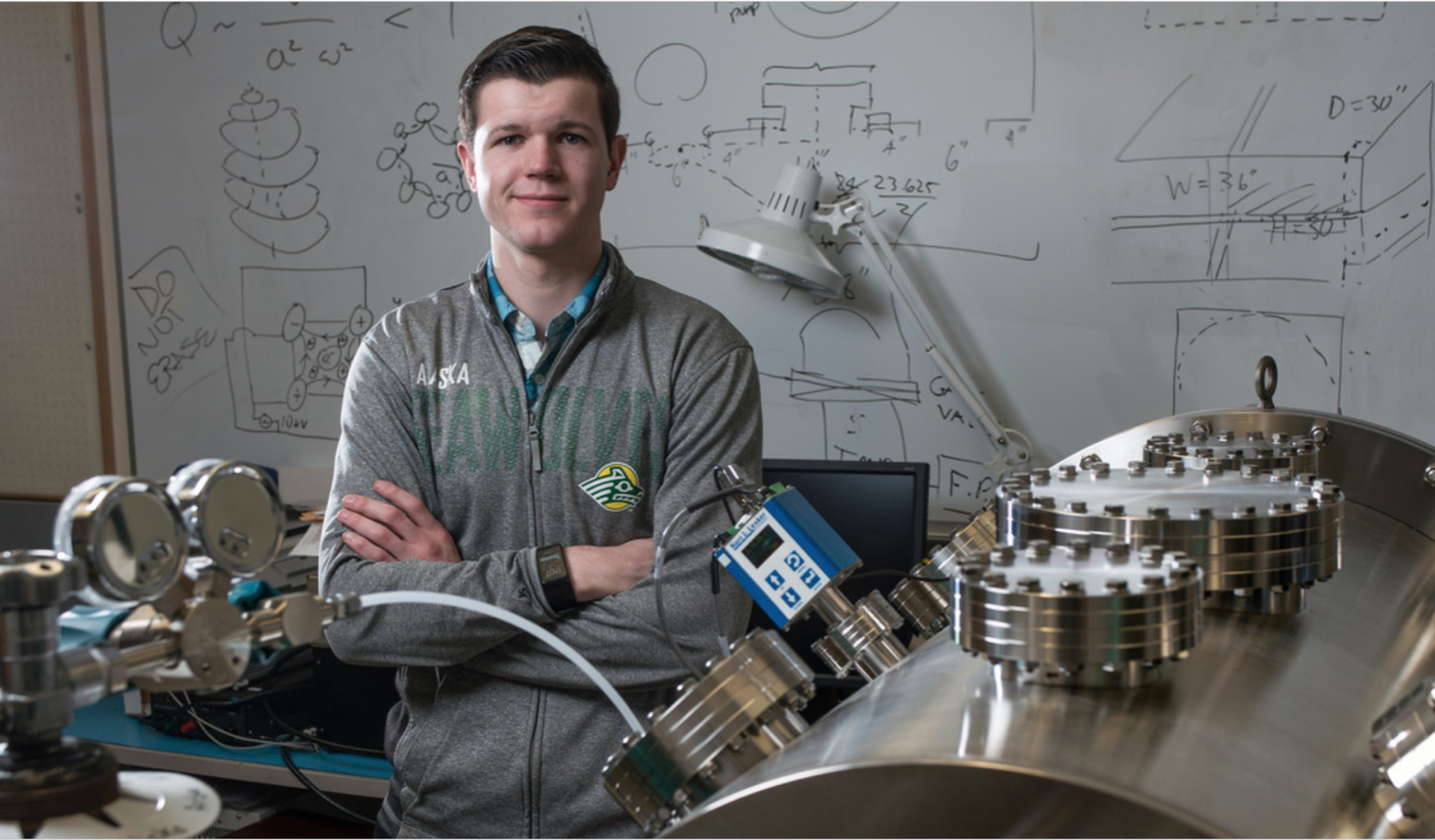Mechanical Engineering
What is Mechanical Engineering?
Mechanical engineering is the analysis, design, and production of machines and their components. If it has moving parts, then chances are that it was created by a mechanical engineer. Their creations can take many forms:
- Modes of transportation like cars, trains, airplanes, or rockets
- Power generating utilities like nuclear power plants or wind farms
- Manufacturing equipment like automated assembly lines
- Building units like elevators, escalators, or heating systems
- Biomedical advances like prosthetic limbs, artificial hearts, or 3D-printed organs
- Future tech like robotics or nanoscale manufacturing
Because of the diversity of machines in use around the world, mechanical engineers are essential across a huge range of industries. This is perhaps the broadest engineering discipline, and it is not uncommon for mechanical engineers to work with engineers from other fields, especially electrical engineering and computer science.
What do mechanical engineers actually do?
Mechanical engineers usually work as part of a team in office environments. They are likely to spend some time at worksites to assess problems with machinery, and mechanical engineers who work in research and development will spend a substantial amount of time in laboratory settings.
Because it is such a broad field, it is difficult to generalize, but some common duties that you might find in a mechanical engineering job description include:
- Analyzing problems related to machines
- Designing machines using specialized engineering software
- Fabricating and testing prototypes
- Writing technical reports and presenting that information
- Submitting grant applications and filing patents
What do mechanical engineers need to learn?
To complete a Bachelor of Science in mechanical engineering, you will need to learn many of the subjects expected of other types of engineers: calculus, physics, statistics, and chemistry. You will also need to learn about thermodynamics, fluid dynamics, and how to use a number of engineering computer programs, like SolidWorks and LabView.
The Department of Mechanical Engineering at UAA will have you follow a specific set of courses that are designed to prepare you for professional exams and beyond. With a degree from UAA, you will be ready to enter the job market as a competitive candidate.
How much do mechanical engineers make?
According to the US Bureau of Labor Statistics, the median yearly income for mechanical engineers is $87,370, which is more than double the national average. In Alaska that number is over $115,000, according to the Alaska Department of Labor and Workforce Development.
That said, wages vary significantly across different industries. For example, the national average for mechanical engineers in household appliance manufacturing is $84,240, but in the oil and gas industry it is $126,880.
By 2026, the number of mechanical engineering jobs is expected to grow by about 9%, which is slightly above the national average. However, just like wages, job growth varies across different industries. Fields related to robotics, nanotechnology, and alternative energy anticipate a big job boom.
This information will be important to consider as you progress in your studies. Particularly as you approach your 3rd and 4th years of college, you will want to carefully assess your personal interests and the job market before signing up for 400-level electives. Depending on what you learn, you will be qualified for very different careers.













